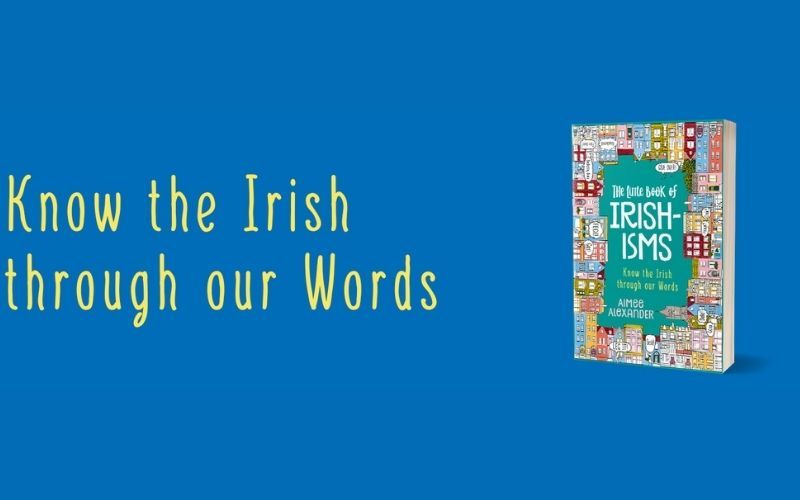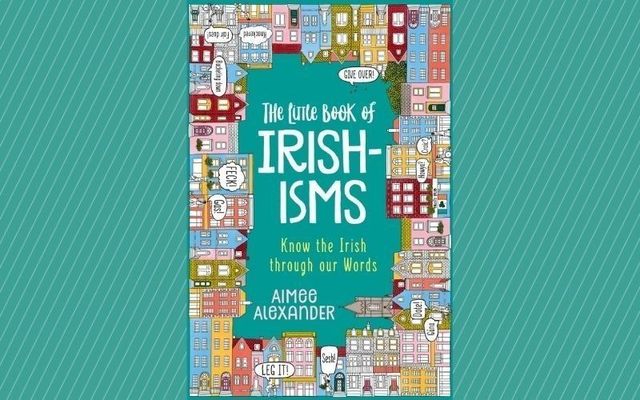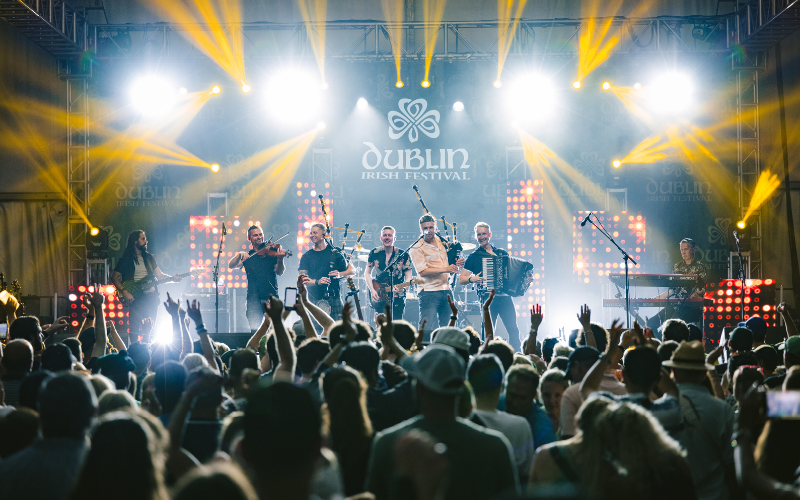Sometimes guide books about how the Irish speak English can be a five alarm tourist-baiting cringe fest.
But not this one, not The Little Book Of Irishisms: Know The Irish Through Our Words. Written by Aimee Alexander, this book is the work of someone with a native grasp of the everyday words and phrases that we actually use.
It's a relief to pick up a guide that doesn't overplay the local charm to the point that it becomes unrecognizable to the people who actually live there.
In Irishisms writer Alexander (the pen name of the bestselling Irish author Denise Deegan) works with illustrator Aimee Concannon to offer a handy dandy guide that replicates how we actually talk.

Looking for Irish book recommendations or to meet with others who share your love for Irish literature? Join IrishCentral’s Book Club on Facebook and enjoy our book-loving community.
The chapter How To Say Hello Like An Irish Person is a mini masterclass in authentic, unpretentious Irish social greetings. Some of the examples given are How's it going? How’re you going? Craic? (Pronounced: crack. Meaning: news) What’s the craic? How’s the form? How’re things? How’s things? Howya? Howrya? Alright? Well? How’s she cutting? (Rural expression) How’re you getting on?
I have, at one time or another, said almost all of these without feeling like a stage Irishman. That means they are genuine. They work. If you landed in Ireland having never spent a minute there before in your life any one of these greetings would be an effective overture. That means this book does what it sets out to do.
Irish obsessions like the weather, keeping doors closed in winter, owning property and tea are all given their due, as is the Irish pastime of wondering whether you left the immersion (ie. the centrally heated water tank) on.

Credit: Aimee Alexander Twitter
First time visitors may find themselves confused by the multifaceted Irish use of the word grand. It can mean good, it can mean so-so or it can mean jays this is awful depending on intonation and circumstances.
But this book clears it all up for you: “If you ask us how we’re doing and we tell you we’re 'Grand,' we’re just doing okay, no better. In fact, we’re probably worse than that, just trying to be positive.
However, if we tell you we’re 'Grand, altogether,' then we’re feeling much better. We’re good. We might even be great. It’s all in our tone, see. 'If you apologize to us and we say, “It’s grand,' or “You’re grand,” then your apology is accepted. Don’t give it another thought.”
This all seems right and unobjectionable. In fact, I couldn't take issue with any of the insights and examples offered in this well thought out and well-written guide, which if you know the Irish, is the highest of high praise.




Comments